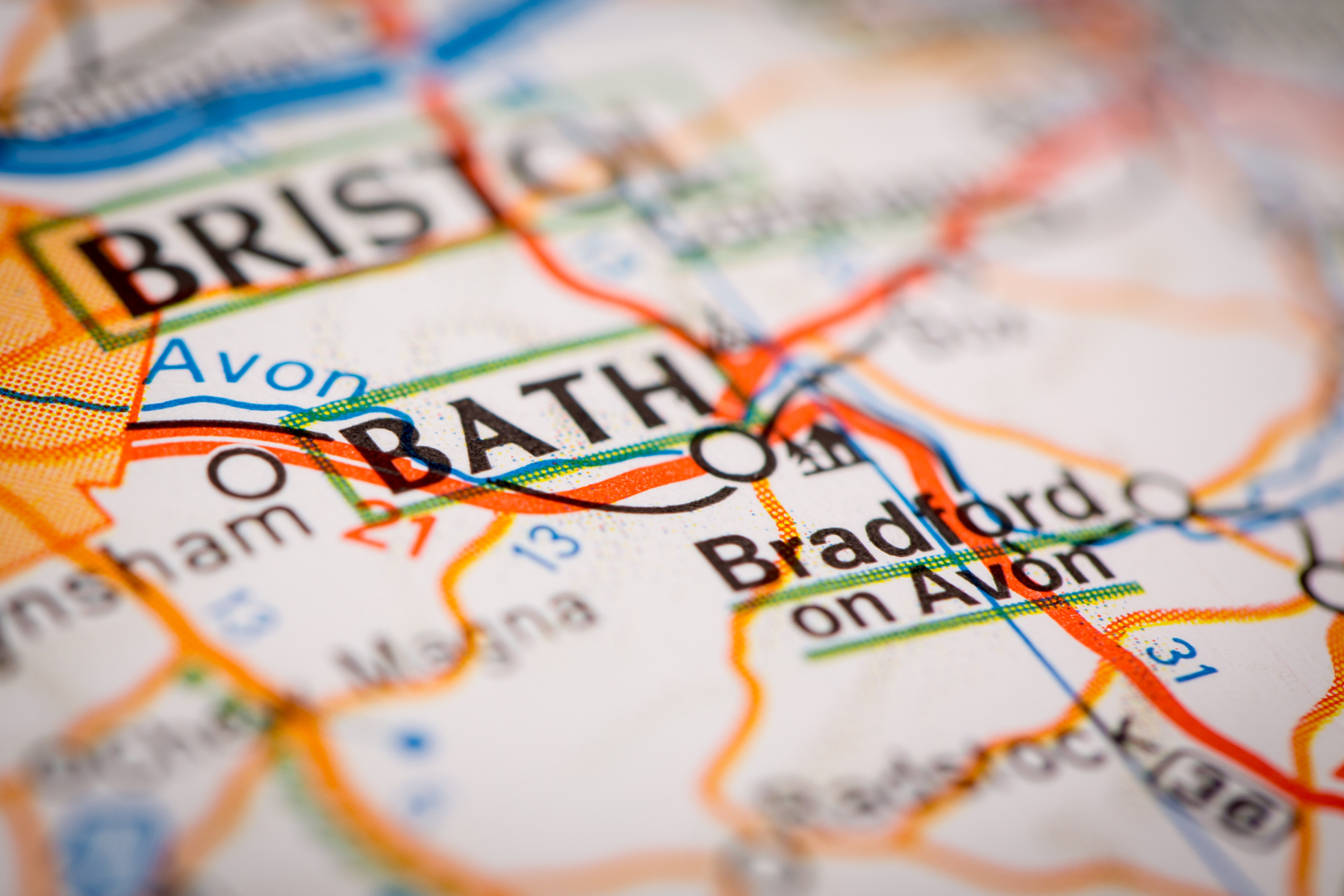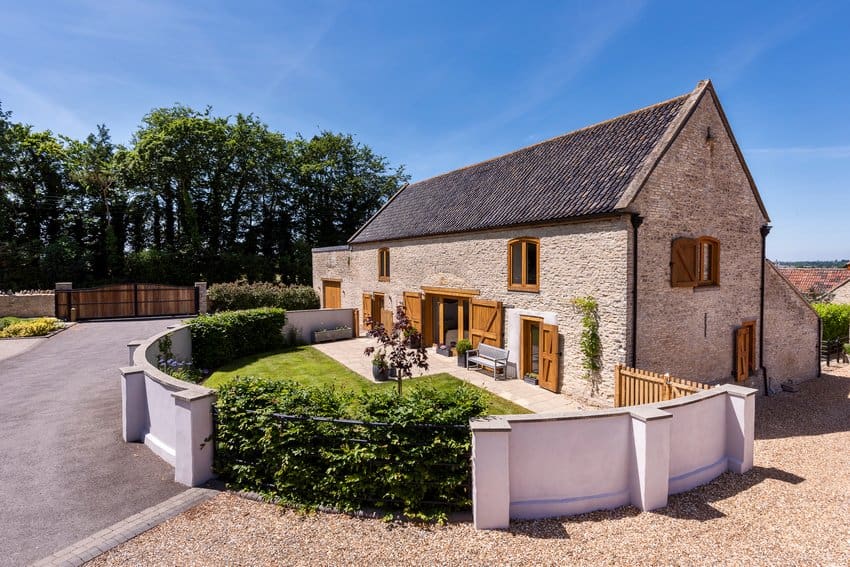If you’re planning to buy your first home, it’s important to include the cost of paying stamp duty in the final cost. This tax could add thousands to the cost of purchasing your home, but the good news is that first-time buyer relief could mean that you don’t have to pay your stamp duty tax bill.
What is Stamp Duty?
Stamp Duty Land Tax (SDLT) is lax that is levied on the purchase of properties or land in England and Northern Ireland. Whichever country you are in, the taxes work in the same way – you need to pay a certain percentage of the purchase price of your property in tax.

How First-Time Buyer Relief Works:
Until the 8th July 2020, first-time buyer stamp duty relief meant that anybody buying a home for the first time for £300,000 or less in England and Northern Ireland was not required to pay stamp duty. However, in July, a stamp duty holiday was announced to help the UK economy recover from the effects of COVID19. This means that currently, stamp duty for everybody in England and Northern Ireland, regardless of whether or not they are a first-time buyer, is not payable when buying any property up to £500,000 until 30th June 2021. After this date, there will be no stamp duty payable on properties up to £250,000 unless you own a second property.
Who Counts as a First-Time Buyer?
If you’re wondering ‘do first-time buyers pay stamp duty in Bath?’, the good news is that right now, all stamp duty is waived on any home up to £500,000. However, in the future, understanding how the first-time buyer stamp duty relief scheme works is important. To qualify as a first-time buyer, you must never have owned or had an interest in either a freehold or leasehold property in the UK or overseas. If you have inherited a house, you will no longer be classed as a first-time buyer, since you have owned property regardless of whether or not you actually paid for it. If your name is on the deeds for any other property, even if you do not own 100% of the property, you will not be classed as a first-time buyer.
What Happens if You’re Buying a House Jointly?
If you are in a situation where you are buying a house with a partner or spouse and one of you is a first-time buyer and the other is not, you will unfortunately not be able to get first-time buyer stamp duty relief if both of your names are going to be on the deeds of the property. However, you can get around this in some cases and take advantage of the stamp duty relief for first-time buyers by only purchasing the property in the sole name of the first-time buyer rather than jointly. However, if you are married and one of you is not a first-time buyer, this loophole will not apply since you are classed as a single unit for tax.
If you decide to buy the property in only the name of the person who is a first-time buyer, it is also important to be aware that this might have an impact on how much mortgage you can borrow, since the affordability calculations will be based on one person’s income only. A mortgage broker may be able to help in this situation.
Can I Get First-Time Buyer Stamp Duty Relief on a Buy to Let Property?
First-time buyer stamp duty relief is only available to those who are buying a residential property that they intend to live in. If you are investing in a property for the sole purpose of renting it out to a tenant, you will not be able to get first-time buyer stamp duty relief in Bath or elsewhere in the UK. However, you can get the stamp duty relief if you intend to live in the property and rent out some of the rooms to tenants as lodgers.
When is Stamp Duty Paid?
Stamp duty must usually be paid thirty days after the purchase of your home is completed. This will also usually be the day that you get the keys to your new property. Typically, your conveyancer or solicitor will handle the process for you, including submitting a return to HMRC on your behalf and collecting what is owed in stamp duty from you prior to completion, so that it can be paid on completion day.
Can I Pay Stamp Duty Using My Help-to-Buy ISA Bonus?
If you have a Help-to-Buy Isa, you can use the bonus to pay for your stamp duty bill when buying a home, if applicable. Inform your legal representation about your Help-to-Buy ISA and they will be able to submit your bonus request once you have agreed on a completion date. The bonus will then be paid to your solicitor, who will deduct the amount that you owe for the property from it.
How is Stamp Duty Calculated?
Stamp duty is worked out based on the price of the property that you are purchasing. For example, if you bought a property for £650,000, you would pay 0% of the first £500,000, and 5% on the remaining £150,000, which works out at a stamp duty cost of £7,500.
How Stamp Duty Works for Buy to Let or Secondary Properties:
If you are planning to purchase a property in England or Northern Ireland for £40,000 or higher for the purpose of renting to tenants or to use as a secondary residence, you will be required to pay a higher tax rate of 3%, known as an additional dwelling supplement.
Anything other than the home that is your main residence is classed as a second home. It could be a holiday let, a house that you are helping another family member to purchase, or a property that you are buying as an investment.
Although stamp duty is charged on a tiered basis, the 3% surcharge for an additional property works as a percentage of the entire price. For example, if you purchased a secondary home for £650,000, you would need to pay 3% of the price at £19,500 for the supplement, along with the stamp duty fee of £7,500, bringing the entire cost to £27,000.
It’s important to bear in mind that you will not be liable to pay the surcharge if the property that you are buying will replace your main residence, even if you own additional properties at this time. However, this situation can be complex, so if you’re currently dealing with this, it’s wise to consult a solicitor or conveyancer.
Exemptions to Stamp Duty:
In some situations, you may be able to claim tax relief, which can reduce the amount you pay or eliminate the need to pay stamp duty altogether. For example, if you have been given property as a gift or inherited a property in a will, stamp duty will not apply. However, there may be other taxes that will apply, such as inheritance tax. You will also be exempt from paying stamp duty tax if the property has been transferred to you after a separation or divorce.
Other Ways to Get Help With Getting on the Property Ladder:
In most cases in England and Northern Ireland, first-time buyers are able to claim first-time buyer stamp duty relief when buying a property for £500,000 or less. If you are purchasing a property for over £500,000, you will only pay stamp duty on the difference. The UK government is eager to help first-time buyers get on the property ladder, and along with stamp duty relief, there are several initiatives that you can take advantage of for saving for and buying your first home.
Since the Help to Buy ISA scheme ended in 2019, aspiring homeowners can now get a Lifetime ISA, which is designed to help first-time buyers save up for a deposit. They work in a similar way to a Help to Buy ISA, however, the government top-up of 25% is added on a monthly basis, meaning that you benefit from having your savings grow even faster.
Help to Buy is also useful where you can lend money from the government to put towards a deposit on your home. Shared ownership schemes are also a popular choice with first-time buyers, allowing you to purchase a share in the property while renting the rest and gradually purchase more of the property in a process known as staircasing. From this year, shared ownership is being adjusted to make it even easier for first-time buyers to access, with minimum shares being decreased from 25% to 10%, and buyers given the option to purchase just 1% of the home at a time thereafter.
If you are considering buying your first home, stamp duty can be confusing. The good news is that in most cases, first-time buyers are eligible for stamp duty relief as long as the property you are purchasing is priced lower than a certain amount.


